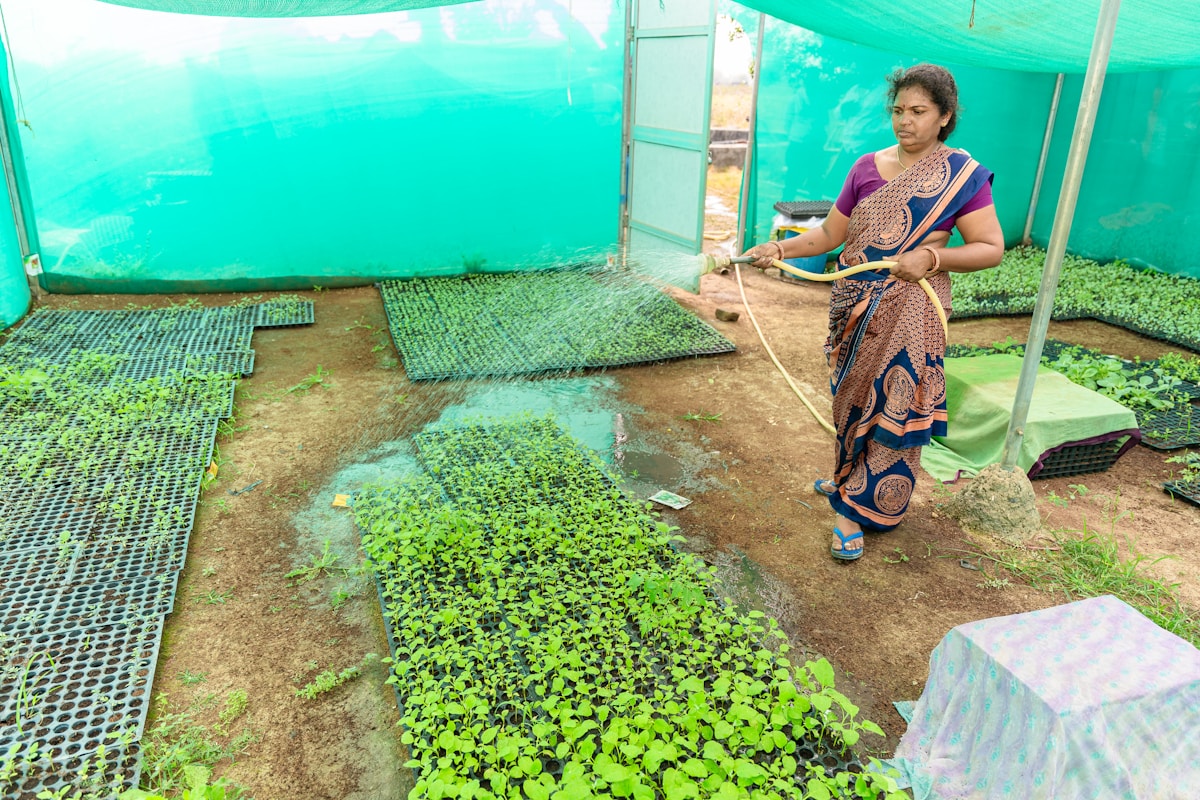Introduction to Smart Irrigation Systems
In an era where water scarcity is becoming increasingly critical, smart irrigation systems have emerged as a revolutionary solution for farmers and agricultural professionals. These advanced technologies optimize water usage, ensuring that crops receive the right amount of water at the right time. This not only conserves precious resources but also enhances crop health and reduces operational costs.
What Are Smart Irrigation Systems?
Smart irrigation systems use technology to manage and control the irrigation process. They rely on various sensors, weather data, and automated systems to deliver water efficiently. Here are some key components:
- Soil Moisture Sensors: Measure the moisture level in the soil to determine when irrigation is necessary.
- Weather Stations: Provide real-time weather data to predict rainfall and adjust watering schedules accordingly.
- Automated Controllers: Enable remote management of irrigation systems via smartphones or computers.
- Flow Meters: Monitor water usage to optimize consumption and detect leaks.
Benefits of Smart Irrigation Systems
1. Water Conservation
One of the most significant benefits of smart irrigation systems is their ability to conserve water. Traditional irrigation methods often lead to overwatering and wastage. Smart systems address this issue by:
- Delivering precise amounts of water based on real-time data.
- Adjusting irrigation schedules according to weather conditions.
- Reducing runoff and evaporation losses.
2. Cost Reduction
Implementing smart irrigation technology can lead to substantial cost savings for farmers. Here’s how:
- Lower water bills due to reduced consumption.
- Decreased energy costs associated with pumping water.
- Minimized labor costs through automation and remote management.
3. Enhanced Crop Health
Smart irrigation systems contribute to improved crop health by providing optimal watering conditions. Benefits include:
- Preventing overwatering, which can lead to root rot and other diseases.
- Ensuring consistent moisture levels, which is vital for crop growth.
- Reducing stress on plants during dry periods.
4. Environmental Sustainability
By promoting responsible water usage, smart irrigation systems play a crucial role in sustainable farming practices. They help to:
- Protect local water resources.
- Reduce the carbon footprint associated with water transport and treatment.
- Encourage biodiversity by maintaining healthy ecosystems.
Types of Smart Irrigation Technologies
1. Drip Irrigation
Drip irrigation delivers water directly to the plant roots through a network of tubing and emitters. This method minimizes evaporation and runoff, making it highly efficient for water conservation.
2. Sprinkler Systems
Smart sprinkler systems can be programmed to adjust watering schedules based on weather forecasts. They can also be equipped with rain sensors to prevent unnecessary watering during rainfall.
3. Centralized Control Systems
These systems allow farmers to monitor and control multiple irrigation zones from a single interface, often via mobile applications. This centralized approach enhances efficiency and ease of use.
Challenges and Considerations
While the benefits of smart irrigation systems are significant, there are also challenges to consider:
- Initial Investment: The upfront cost of implementing smart irrigation technology can be high, though it is often offset by long-term savings.
- Technical Knowledge: Farmers may need training to effectively use and maintain these systems.
- Dependence on Technology: Reliance on technology can be a concern, particularly in areas with limited internet connectivity.
Conclusion
Smart irrigation systems represent a pivotal advancement in agricultural technology. By optimizing water usage, they not only promote sustainable farming practices but also enhance crop health and reduce costs. As water scarcity becomes an increasingly pressing issue, adopting smart irrigation solutions is essential for the future of agriculture.
With the right tools and knowledge, farmers can harness the power of smart irrigation to ensure that they cultivate healthy crops while conserving vital water resources. Embracing these technologies is not just a benefit for farmers, but a step towards more sustainable and responsible farming practices for our planet.

